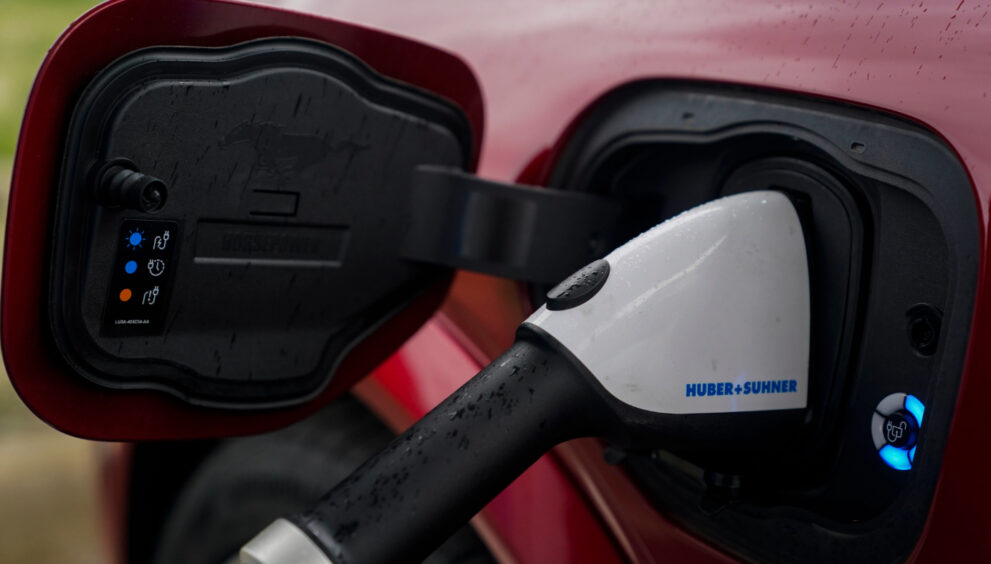Eliminating Green Energy Subsidies to Support Tax Cuts

Republican lawmakers are exploring ways to fund the extension of expiring tax breaks by considering the repeal of green energy tax subsidies introduced in the Inflation Reduction Act. According to estimates from the Tax Foundation, repealing these tax breaks could generate $851 billion in revenue over the next ten years.
Although some House Republicans have defended aspects of the act, a partial repeal could still result in significant revenue gains. Lawmakers opting for this approach should consider eliminating ineffective credits and streamlining those that work by removing unnecessary provisions that complicate the tax system.
The Inflation Reduction Act aimed to reduce greenhouse gas emissions through over 20 tax programs, primarily focusing on reducing power sector emissions. However, subsidies for transportation and buildings do not provide the same climate benefits, with studies showing that electric vehicle credits often benefit individuals who would have purchased electric vehicles regardless.
Despite the rising costs associated with these credits, they disproportionately benefit higher-income earners. For instance, residential energy credits and electric vehicle incentives tend to flow more towards wealthier households, raising concerns about the fairness and effectiveness of these subsidies.
The Tax Foundation projects that the repeal of electric vehicle tax credits, clean fuel production credits, and certain tax provisions related to buildings could increase revenue by $296 billion over the next decade. However, more funding is needed to extend expiring tax cuts costing $4.5 trillion over the same period.
Replacing complex power sector credits with a simplified approach could generate an additional $207 billion in revenue, focusing solely on clean electricity production credits. Policymakers could further increase revenue by simplifying other provisions of the Inflation Reduction Act related to hydrogen, nuclear power, and carbon sequestration.
Ideally, replacing the Inflation Reduction Act with a low carbon tax could achieve similar emissions reductions while raising revenue. In the absence of a comprehensive overhaul, policymakers should prioritize eliminating ineffective subsidies and simplifying the remaining credits to reduce fiscal costs and tax code complexity while maintaining emission reduction goals.


























































































































































































































































































































































































































































































































































































































































































































































































































































































































































































































































































































































































































































































































































































































































































































































































































































































































































































































































































































































































































































































































































































































































































































































































































































































































































































































































































































































